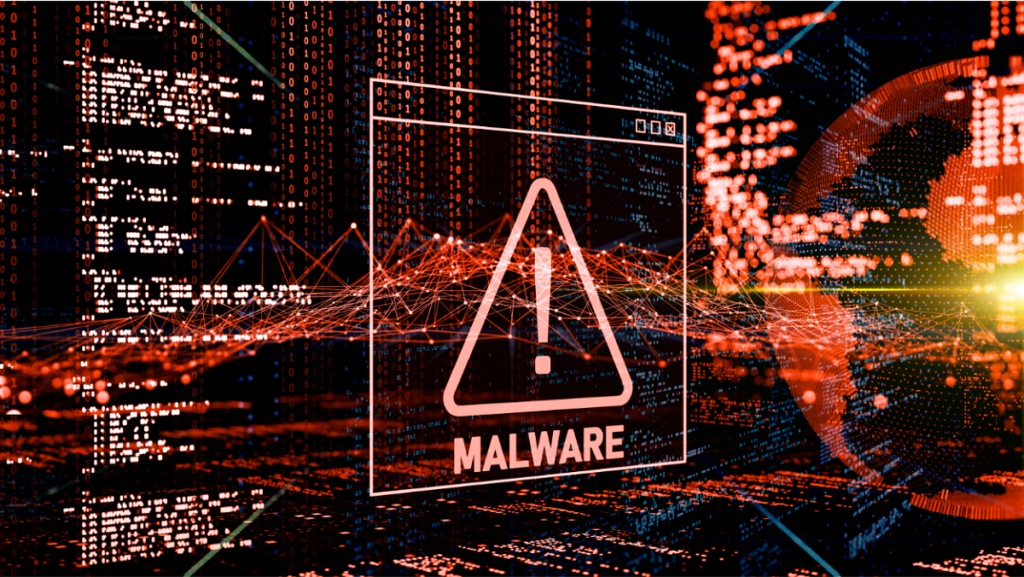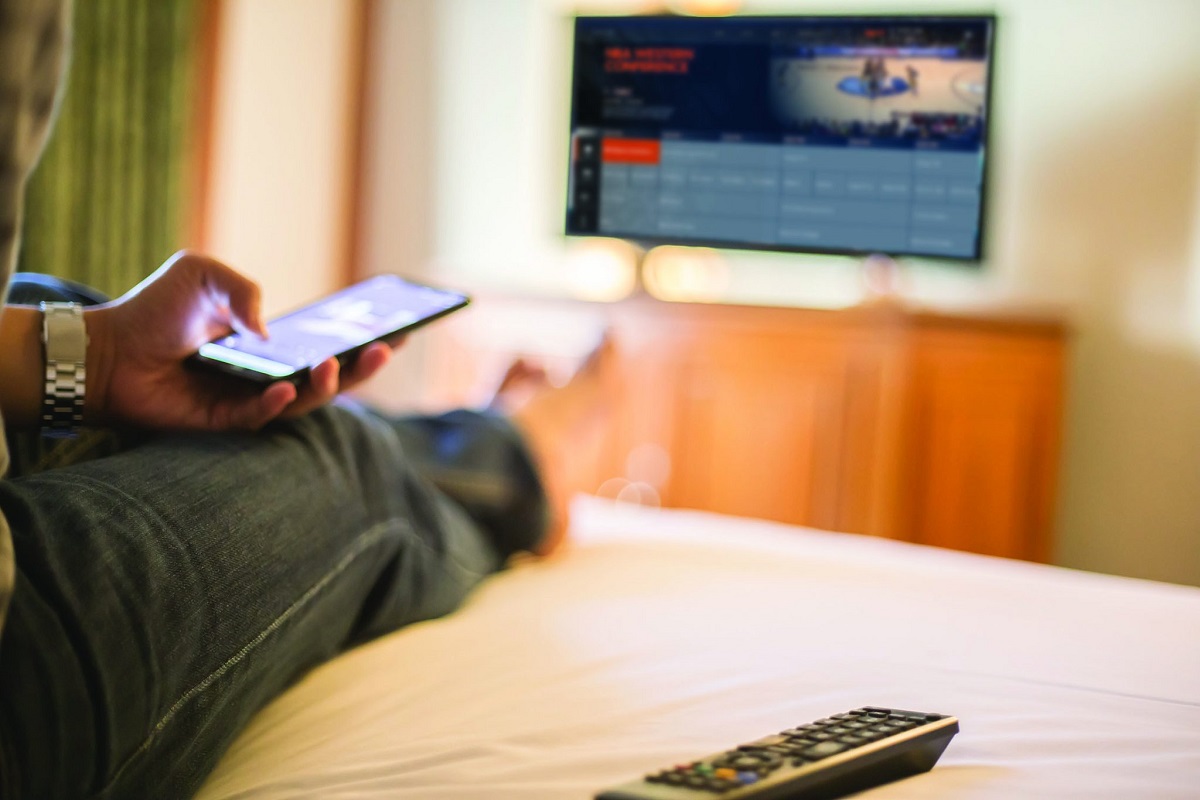- Mitigating Risks Associated with Outdated Systems
- New Regulations
- Lack of Troubleshooting Support
- Security Vulnerabilities
- Increased Inefficiencies
- Guest Dissatisfaction
- Difficulty Attracting and Retaining Staff
Robust internet connectivity is no longer an added amenity for luxury hotels, it is an essential component of the guest experience. Our daily lives depend on secure, reliable, high-speed wireless connectivity, and that need extends well into the hotel space. As such, property owners need to focus on digital infrastructure in luxury hotels.
As our dependence on connectivity grows, Wi-Fi systems need to advance. Most of today’s hotels are ill-equipped to handle the data and demand for reliable connections future applications will require. We are increasingly reliant on robust internet connectivity in our daily lives, to not only entertain ourselves but to work, socialize and interact with the outside world. In addition to supporting guests’ personal devices, property Wi-Fi capabilities need to extend to include common areas and associated devices like cameras, lock systems, etc. Additionally, most hotels feature some sort of business area which advertises free computers for guests to use at their leisure.
Mitigating Risks Associated with Outdated Systems
Outdated digital infrastructure in luxury hotels negatively affects connectivity in a multitude of ways. In addition to causing an increase in guest grievances, outdated infrastructure and legacy systems are significant sources of financial strain. While updating property infrastructure and associated systems is typically viewed as a costly endeavor, it is significantly cheaper to proactively update properties, especially when considering the potential security risks and associated vulnerabilities caused by outdated technology.
Luxury properties need an updated digital infrastructure to support the growing demand for robust Wi-Fi, process automation, access control, and connected applications that are a “must-have” for guests and property management.
New Regulations
Just as the FCC decommissioned traditional landlines in the Copper Sunset era, other outdated technologies can expect their forced demise. Phasing out old technology is commonplace, especially as it becomes increasingly cost-prohibitive and difficult to service. The FCC will enforce these regulations over time, making copper phone lines and POTS completely obsolete. As the telecommunications industry continues to develop, regulators will likewise continue to phase out old technologies. If hotels do not adhere to these regulations, they can face hefty fines and additional costs associated with removing and disposing of old technology.
Lack of Troubleshooting Support
In addition to mandated removals, outdated technology can be phased out simply because there are no more providers willing to repair or replace old systems. As technologies lose relevance, the number of professionals willing to specialize in the product drops drastically. Additionally, maintaining and updating old technology is costly, especially as the availability of replacement parts dwindles and specialists retire and leave the field. Consider outdated cell phones. Not only do they lose relevance as they become incompatible with new technologies, but they are also harder to service as people no longer specialize in their operating systems.

Security Vulnerabilities
Outdated technologies are increasingly susceptible to hackers and other security threats. Data stored within these systems are harder to secure, especially if they are not connected to a cloud service. For instance, outdated common area camera systems store all their video information on-site or within the property’s corporate computer system. Because these devices do not store their information in the cloud, they are vulnerable to theft both through cyber-attacks and physical break-ins. Today’s systems, however, can utilize the cloud to encrypt private information and perform remote updates to keep the property’s hardware and software efficient.
Likewise, outdated digital infrastructure is vulnerable to cyber-attacks as it is difficult to update and secure as hacker technology develops. Today’s infrastructure, however, comes equipped with improved accessibility so authorized users can easily update technologies and therefore mitigate risks.
Increased Inefficiencies
Remote access is increasingly popular in today’s technology as it helps property management proactively monitor potential threats and increase efficiency. With machine learning and artificial intelligence, properties outfitted with updated technologies can significantly improve efficiency. An example of this includes smart room sensors that detect movement in common spaces. After the sensors have monitored occupancy trends, they can communicate with the property’s HVAC system, instructing it to turn off during specific times of the day when the space is likely to be unoccupied. Furthermore, smart sensors can detect air and water leaks and alert management to reduce inefficiency in that space. Outdated systems are incompatible with these advancements and therefore add unnecessary expense to properties that do not update their technology infrastructure.

Guest Dissatisfaction
As guests’ devices continue to advance, so does their reliance on connectivity. Outdated systems are increasingly unable to support the growing need for connectivity. If guests are unable to use new technologies and cannot reliably connect to the internet, their satisfaction levels will decline, and they are unlikely to stay at the hotel again.
Difficulty Attracting and Retaining Staff
It is essential for luxury hotels to have the proper broadband infrastructure solutions to support both guests and staff. Exceptional customer service is the foundation of luxury hotels. Without updated technology, team members are unable to live up to their full potential as they are bogged down with mundane duties.
Hotels need to ensure they can support appropriate bandwidth upgrades with network infrastructure to support future upgrades. Internal wiring has changed drastically throughout the years and historic or existing properties may have fallen behind on infrastructure updates. As technology continues to develop and connectivity needs are growing exponentially, it is essential to update digital infrastructure in luxury hotels to meet current and future expectations.

